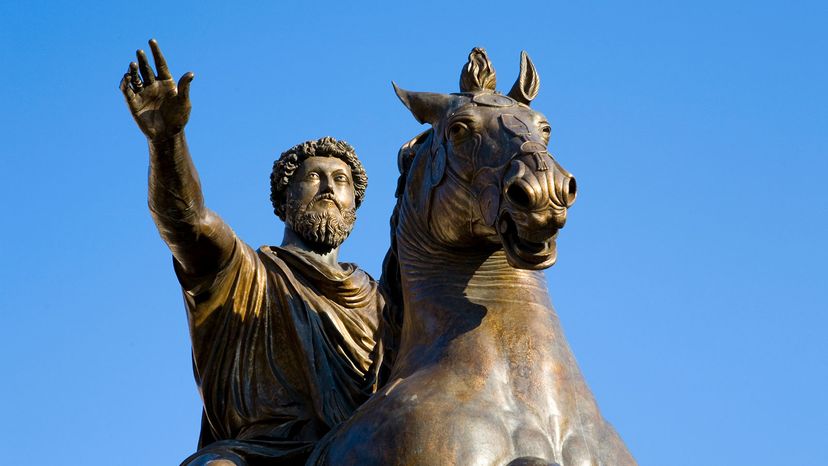
Marcus Aurelius (121 to 180 C.E.) never meant for his "Meditations" to be published, let alone read and quoted by truth-seekers for millennia. The slim volume captures the private thoughts of an ancient Roman emperor and dedicated student of Stoic philosophy as he led armies to battle against barbarian invaders and watched millions of his subjects die from a plague of smallpox.
Written nearly 2,000 years ago, "Meditations" resonates so deeply with modern readers because Marcus Aurelius proffered answers to some of life's biggest questions — how to be a good person, how to deal with adversity, and how to rein in emotions and focus on what really matters — and he does it with short, easily digestible, highly quotable nuggets of Stoic wisdom.
Advertisement
"Stoicism from its very beginning is designed to be a philosophy to be lived, not just studied," says William O. Stephens, philosophy professor at Creighton University and author of "Marcus Aurelius: A Guide for the Perplexed." "Meditations is intended to be a practical guide. And the kinds of challenges that Marcus faced in Ancient Rome are not all that far removed from the human circumstances and challenge that we face today, including 'the plague.'"
Here is Stephens' take on five potentially life-altering pieces of advice from Marcus Aurelius:
Advertisement


